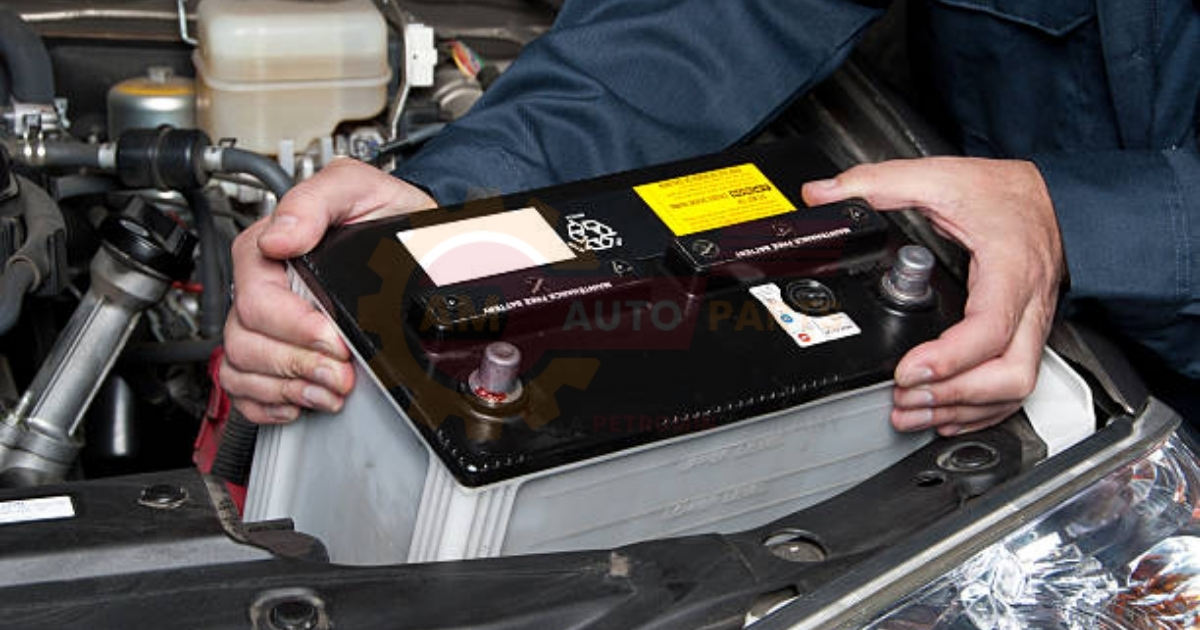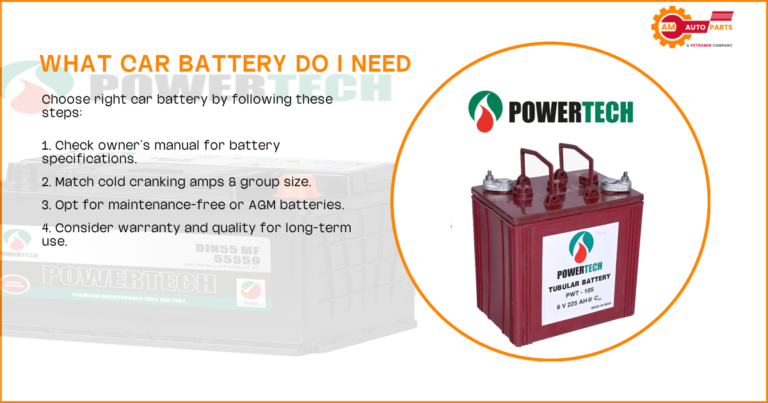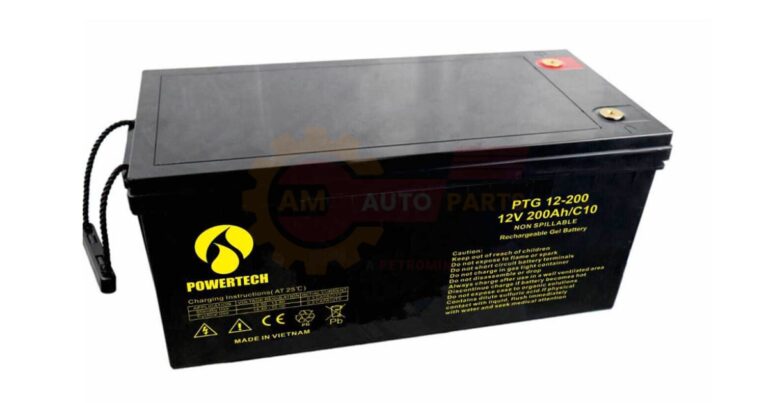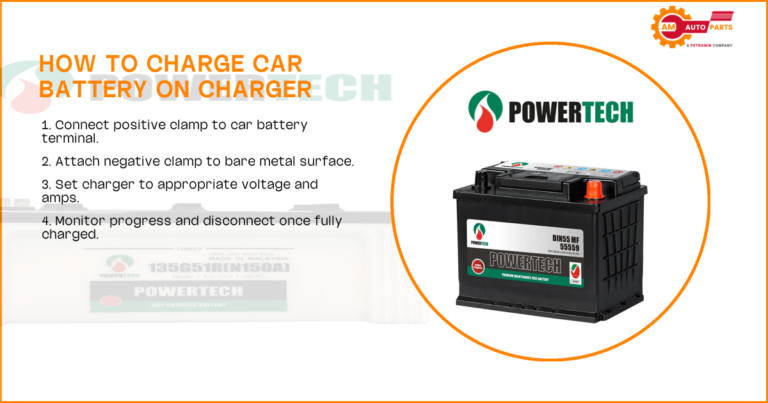Car batteries are the unsung heroes of our vehicles, providing the essential power needed to start the engine and run various electrical components. However, several factors can weaken a car battery over time, reducing its performance and lifespan. In this comprehensive guide, we’ll explore the various culprits that can drain your battery’s strength and provide valuable insights on how to maintain its health.
Common Factors That Weaken Car Batteries
Understanding the common factors that weaken car batteries is crucial for every vehicle owner. By identifying these issues, you can take proactive steps to protect your battery and ensure its longevity.
Extreme Temperatures
Extreme temperatures, both hot and cold, can significantly impact your car battery’s performance and lifespan. High temperatures accelerate chemical reactions within the battery, leading to faster internal corrosion and water loss. On the other hand, cold temperatures reduce the battery’s ability to produce and accept a charge, making it work harder to start your vehicle.
To mitigate the effects of extreme temperatures:
- Park your car in a garage or shaded area during hot weather
- Use a battery insulator in cold climates
- Regularly check and maintain proper fluid levels
Frequent Short Trips
Short trips can be surprisingly detrimental to your car battery’s health. When you start your vehicle, the battery expends a significant amount of energy. During longer drives, the alternator has time to recharge the battery fully. However, frequent short trips don’t allow enough time for complete recharging, leading to a gradual weakening of the battery.
Tips to minimize the impact of short trips:
- Combine errands into longer trips when possible
- Take your car for a longer drive once a week
- Consider using a battery maintainer for vehicles used primarily for short trips
Parasitic Drains
Parasitic drains occur when electrical components continue to draw power from the battery even when the vehicle is turned off. While some parasitic drain is normal (e.g., for maintaining clock settings), excessive drain can quickly weaken your battery.
Common sources of parasitic drain include:
| Component | Potential Impact |
| Faulty alternator | Continuous power draw |
| Trunk or glove box lights | Slow but steady drain |
| Aftermarket electronics | Unexpected power consumption |
| Corroded battery cables | Increased resistance and drain |
How Electrical System Issues Affect Battery Life
The health of your car’s electrical system plays a crucial role in maintaining battery strength. Issues within this system can lead to premature battery weakening and failure.
Alternator Problems
The alternator is responsible for charging your battery while the engine is running. A faulty alternator can either undercharge or overcharge the battery, both of which can significantly weaken it over time.
Signs of alternator problems include:
- Dimming or flickering lights
- Battery warning light on the dashboard
- Strange noises coming from the engine bay
- Difficulty starting the vehicle
Loose or Corroded Connections
Loose or corroded battery connections can impede the flow of electricity, forcing your battery to work harder and potentially leading to a weakened state. Regular inspection and cleaning of battery terminals can help prevent this issue.
Steps to maintain clean connections:
- Inspect terminals for corrosion regularly
- Clean terminals with a mixture of baking soda and water
- Ensure connections are tight and secure
- Apply a thin layer of dielectric grease to prevent future corrosion
Impact of Driving Habits on Battery Health
Your driving habits can have a significant impact on your car battery’s health and longevity. Being mindful of how you use your vehicle can help prevent unnecessary battery drain.
Leaving Lights On
One of the most common ways to weaken a car battery is by leaving lights on when the engine is off. This includes headlights, interior lights, and even trunk lights. Modern vehicles often have automatic shutoff features, but it’s still important to double-check before leaving your car.
To avoid draining your battery:
- Make it a habit to check all lights before exiting your vehicle
- Consider installing an aftermarket warning system for older vehicles
- Be extra cautious when using auxiliary power outlets for extended periods
Excessive Accessory Use
Using power-hungry accessories, especially when the engine is off, can quickly drain your battery. This includes items like the radio, GPS, or phone chargers. While occasional use is fine, prolonged use without the engine running can lead to a weakened battery.
Tips for responsible accessory use:
- Limit accessory use when the engine is off
- Unplug devices when not in use
- Consider using a portable battery pack for device charging
Extended Periods of Inactivity
Leaving your car unused for extended periods can lead to battery weakening through self-discharge and potential parasitic drains. This is particularly common for seasonal vehicles or during long vacations.
To maintain battery health during periods of inactivity:
- Start and drive your vehicle for at least 15 minutes every week
- Use a battery maintainer or trickle charger for long-term storage
- Disconnect the battery if the vehicle won’t be used for several months
Battery Aging and Its Effects on Performance
Like all components, car batteries have a limited lifespan. Understanding the natural aging process can help you anticipate when a replacement might be necessary.
Natural Degradation Over Time
Car batteries typically last between 3 to 5 years, depending on usage and maintenance. As a battery ages, its ability to hold a charge diminishes, leading to decreased performance and eventual failure.
Factors influencing battery lifespan:
- Quality of the battery
- Climate and temperature exposure
- Frequency of use
- Maintenance practices
Signs of an Aging Battery
Recognizing the signs of an aging battery can help you avoid unexpected breakdowns and plan for timely replacements.
Common indicators of an aging battery include:
- Slow engine crank
- Swollen battery case
- Frequent need for jump-starts
- Electrical issues when idling
Preventing Battery Drain and Extending Lifespan
Taking proactive steps to prevent battery drain and extend its lifespan can save you time, money, and frustration in the long run.
Regular Maintenance Tips
Regular maintenance is key to keeping your car battery in top condition. AM Autoparts recommends the following maintenance practices:
- Clean battery terminals and connections regularly
- Check and maintain proper fluid levels (for non-sealed batteries)
- Inspect the battery case for damage or leaks
- Test battery voltage and capacity annually
Proper Charging Practices
Proper charging is essential for maintaining battery health. Overcharging or undercharging can both lead to premature weakening of the battery.
Best practices for battery charging:
- Use a smart charger that automatically adjusts charging rate
- Avoid using high-amperage chargers for routine maintenance
- Charge batteries in a well-ventilated area
- Never attempt to charge a frozen battery
Understanding Battery Self-Discharge
Self-discharge is a natural process that occurs in all batteries, even when they’re not in use. Understanding this phenomenon can help you better manage your car battery’s health.
Causes of Self-Discharge
Several factors contribute to battery self-discharge:
- Chemical reactions within the battery
- Ambient temperature
- Battery age and condition
- Presence of contaminants on the battery surface
Minimizing Self-Discharge Effects
While self-discharge can’t be eliminated entirely, its effects can be minimized:
- Store batteries in a cool, dry place
- Use a battery maintainer for long-term storage
- Keep the battery clean and free from contaminants
- Avoid leaving the battery in a partially discharged state
The Role of Vibration in Battery Deterioration
Excessive vibration can have a detrimental effect on your car battery, potentially leading to internal damage and reduced performance.
How Vibration Affects Battery Components
Vibration can cause:
- Loosening of internal connections
- Damage to battery plates
- Separation of active material from plates
- Increased risk of short circuits
Reducing Vibration-Related Damage
To minimize vibration-related damage:
- Ensure the battery is securely mounted
- Use rubber insulators or pads to absorb vibration
- Regularly check and tighten battery hold-down clamps
- Consider upgrading to a more vibration-resistant battery design
Importance of Battery Testing and Replacement
Regular testing and timely replacement are crucial for maintaining a reliable vehicle electrical system.
When to Test Your Battery
AM Autoparts suggests testing your battery:
- At least once a year
- Before long road trips
- When experiencing starting issues
- After extreme weather events
Signs It’s Time for a Replacement
Consider replacing your battery if: Automotive power threshold is the point where a car’s engine starts to produce enough power to move the vehicle forward
Ideal car voltage A car battery should have about 12 to 14 volts for the vehicle to run properly
- It’s more than 3-5 years old
- It fails a load test
- You experience frequent starting issues
- There are visible signs of damage or corrosion






